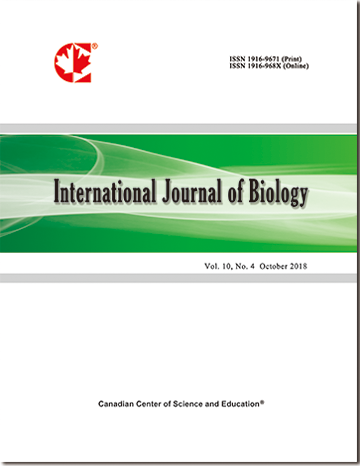Comparison of Three Methods for the Quantification of Sediment Organic Carbon in Salt Marshes of the Rubicon Estuary, Tasmania, Australia
- Kim Beasy
- Joanna Ellison
Abstract
With the increasing need to accurately quantify carbon sinks of coastal wetlands, this study compares three methods in use. Sediment cores (n = 4) were collected from three salt marsh sites of the Rubicon Estuary, Tasmania Australia and analysed for organic carbon using three methods for measuring soil C concentration. The first method of elemental analysis quantified carbon using a Thermo Finnigan EA 1112 Series Flash Elemental Analyser. The second method used the loss on ignition technique at 550°C for 4 hours and applied a standard carbon conversion. The third method used loss on ignition technique at 450°C for 8 hours and applied a standard carbon conversion. Results from each method found significantly different quantities of carbon in replicate samples, however each method differentiated similar carbon trends within datasets. Each methodology investigated was found to have a useful application in carbon science, including the broad scale use of the standard carbon conversion and the accuracy of the elemental analysis method. The application of the standard carbon conversion in this study showed an underestimate of carbon stores in salt marsh sediment. Wetlands are well known to be among the most carbon rich ecosystems of the world, however this study highlights that in some cases those carbon stores may have been underestimated, and verification may further increase the value of wetlands as carbon sinks.
- Full Text:
 PDF
PDF
- DOI:10.5539/ijb.v5n4p1
Index
- ACNP
- AGRICOLA
- BASE (Bielefeld Academic Search Engine)
- CAB Abstracts
- CiteFactor
- CNKI Scholar
- CrossRef
- DTU Library
- Elektronische Zeitschriftenbibliothek (EZB)
- Excellence in Research for Australia (ERA)
- Google Scholar
- Infotrieve
- LIVIVO (ZB MED)
- LOCKSS
- Max Planck Institutes
- MIAR
- PKP Open Archives Harvester
- Qualis/CAPES
- ResearchGate
- ROAD
- SafetyLit
- SHERPA/RoMEO
- Technische Informationsbibliothek (TIB)
- Universe Digital Library
- WorldCat
Contact
- Ryan JonesEditorial Assistant
- ijb@ccsenet.org
